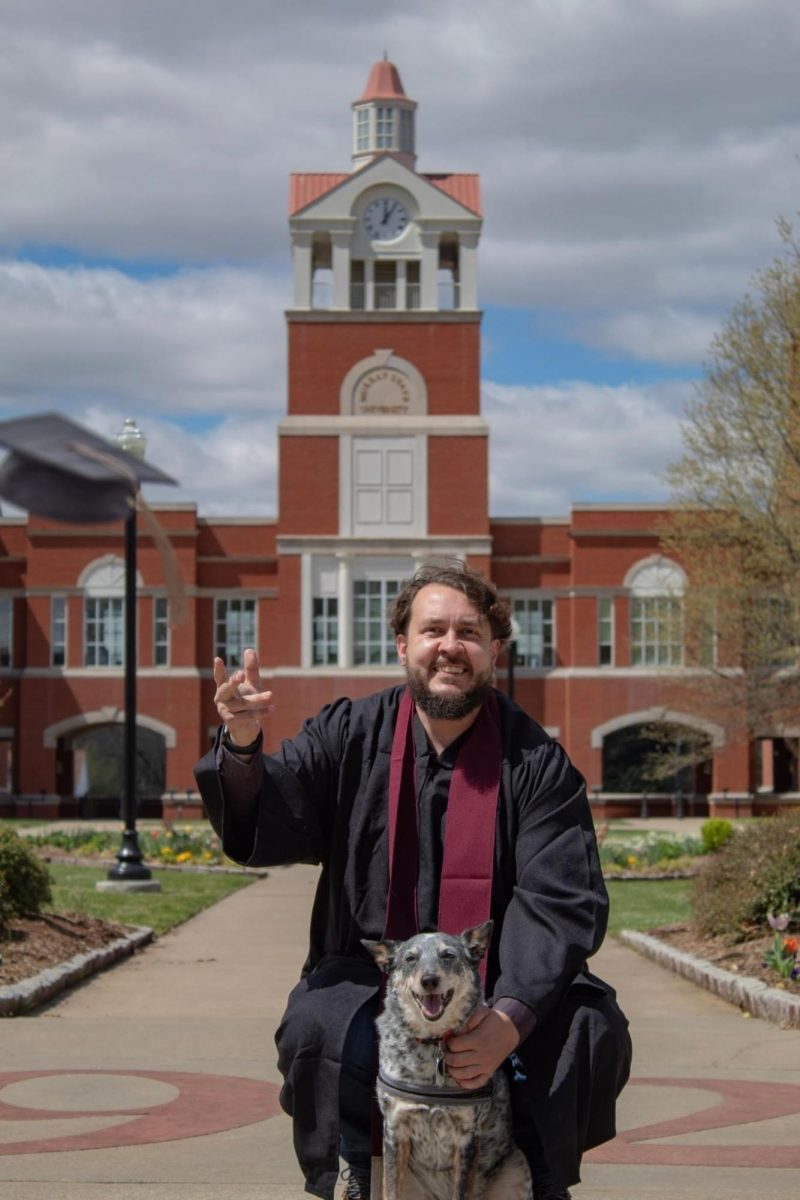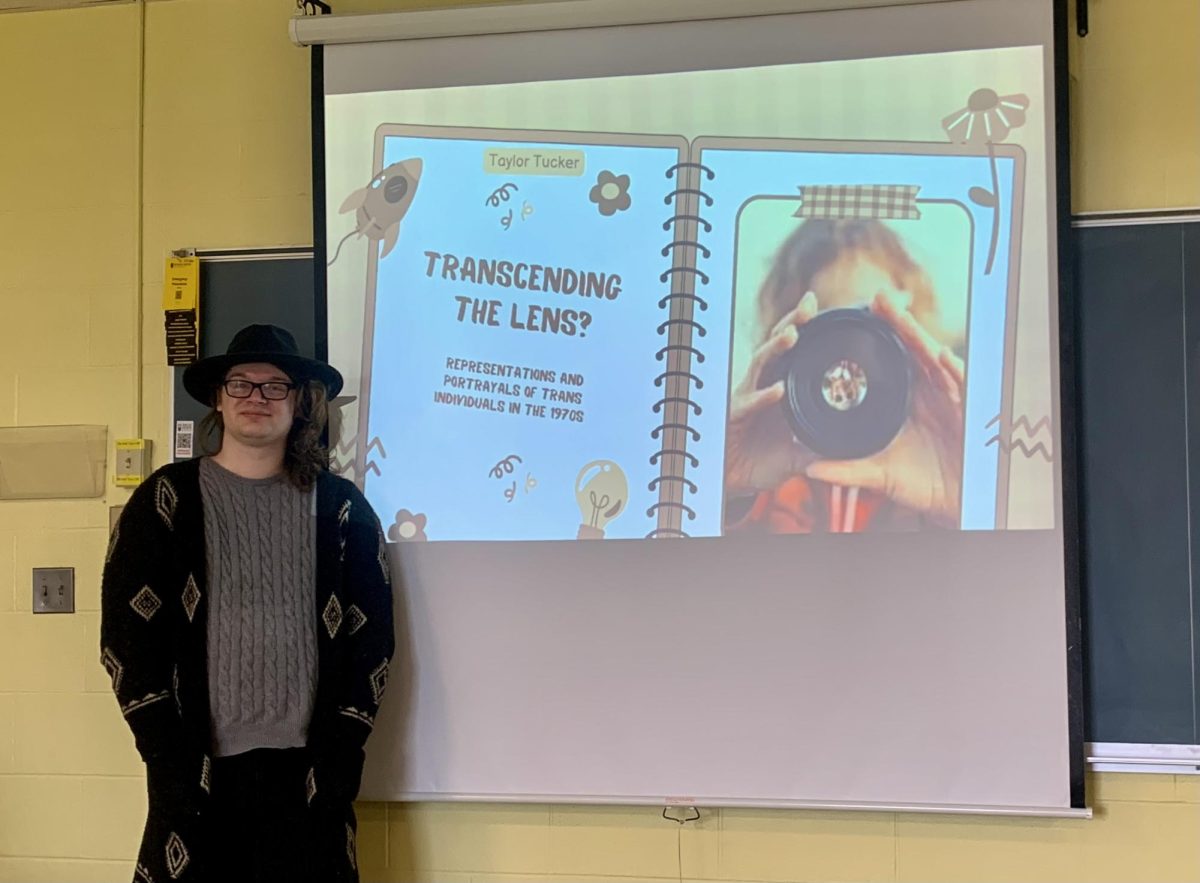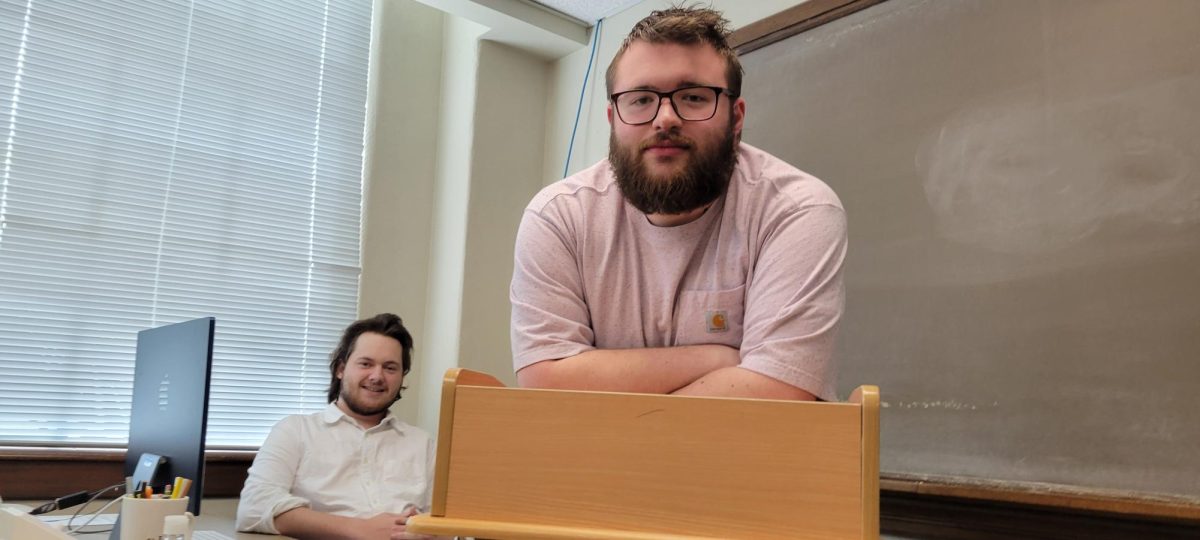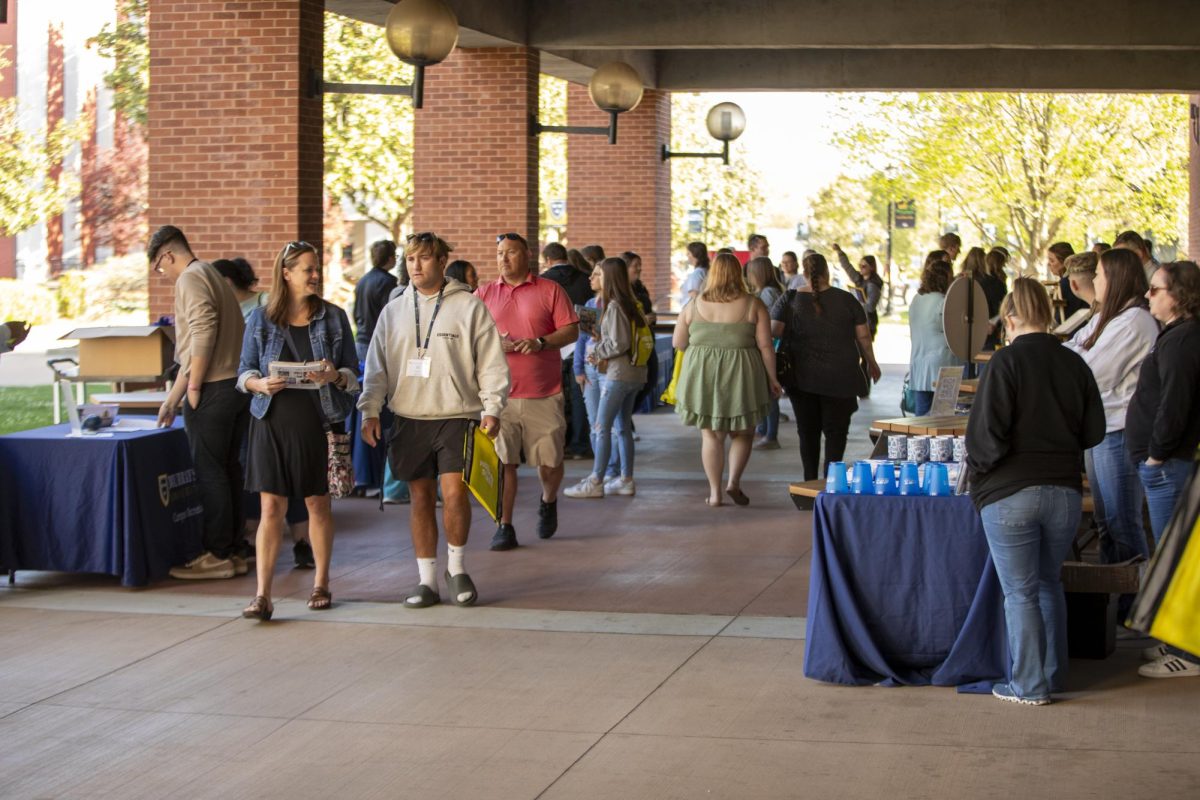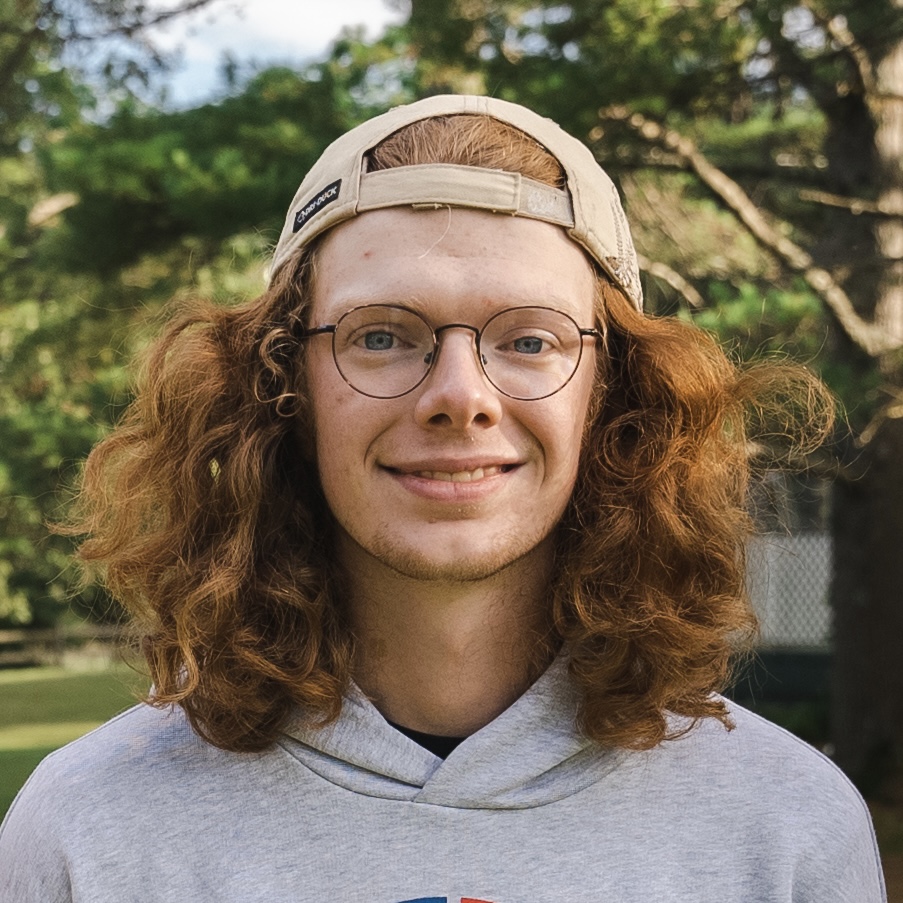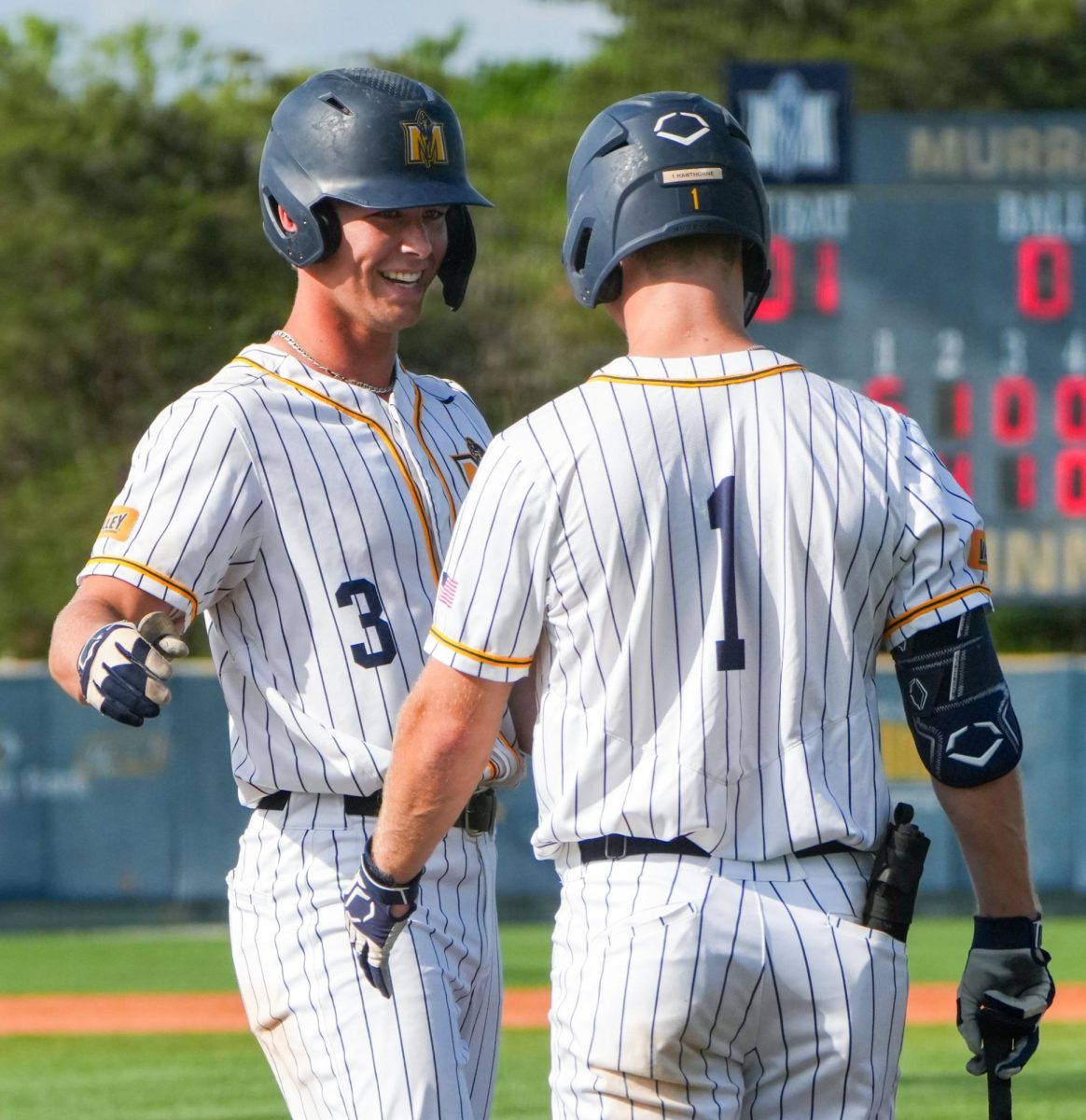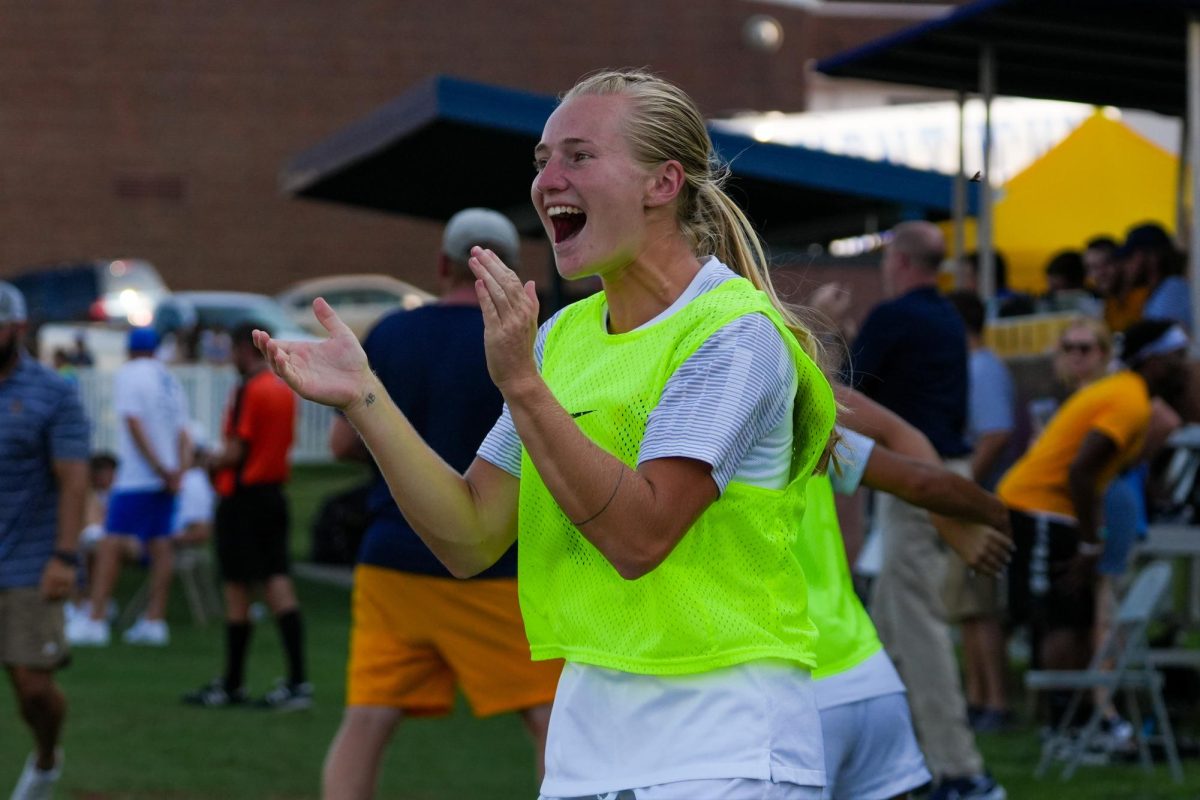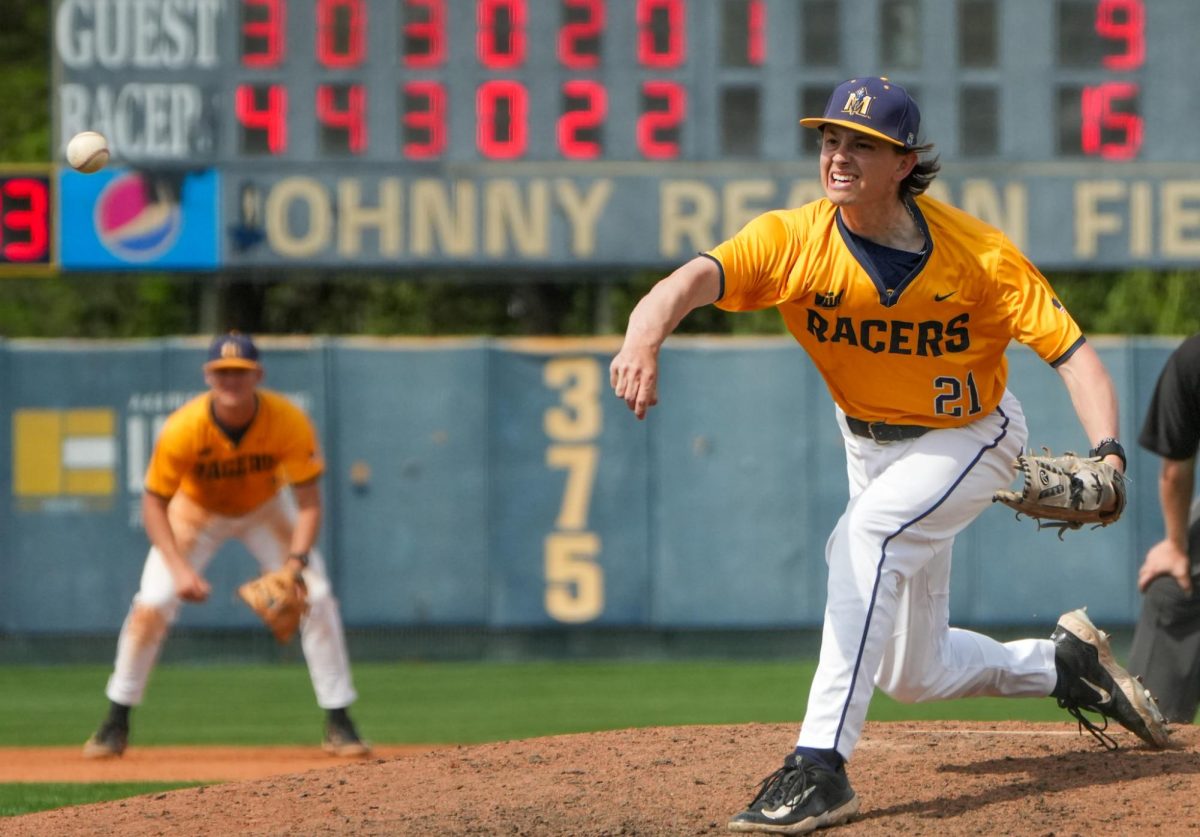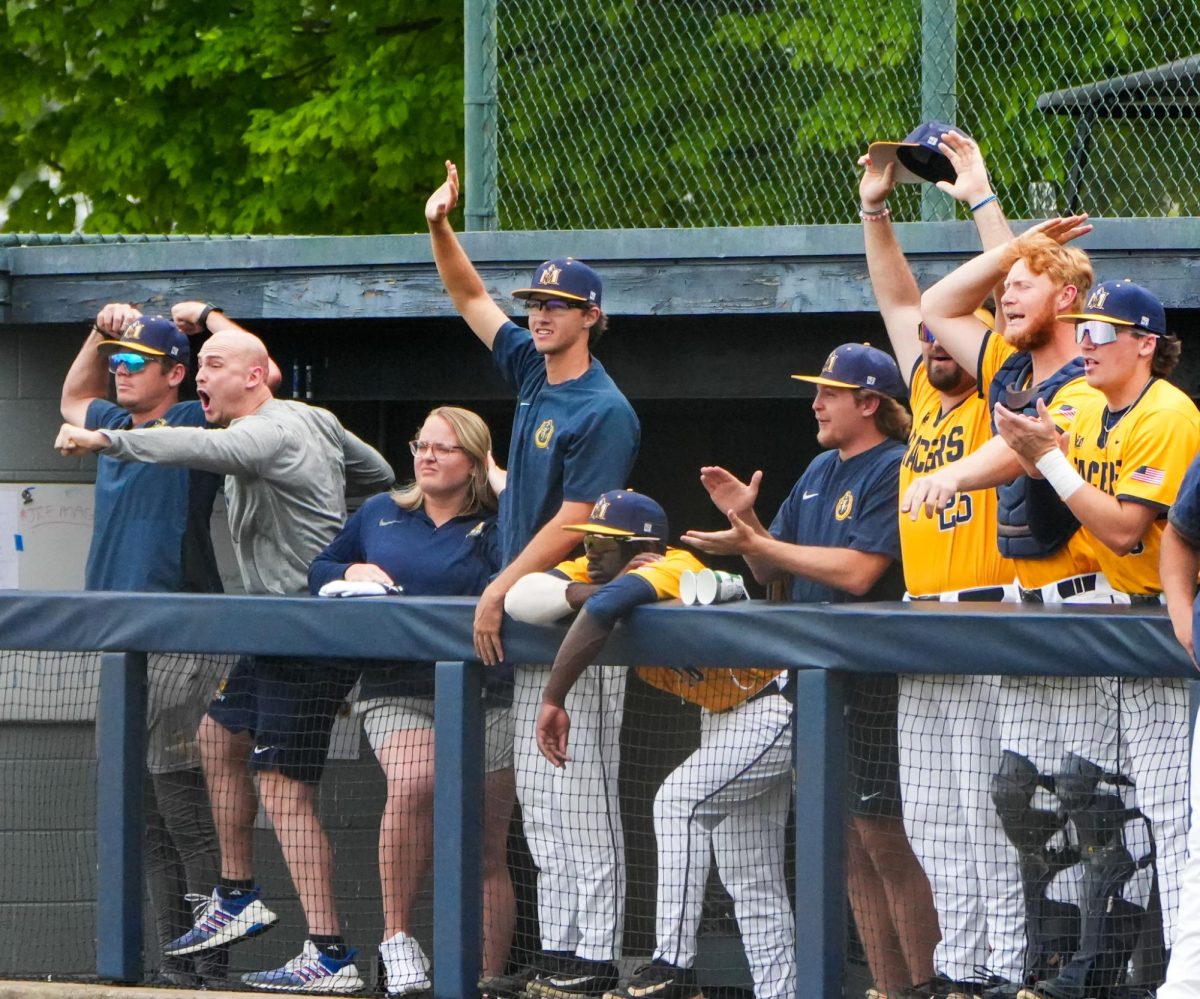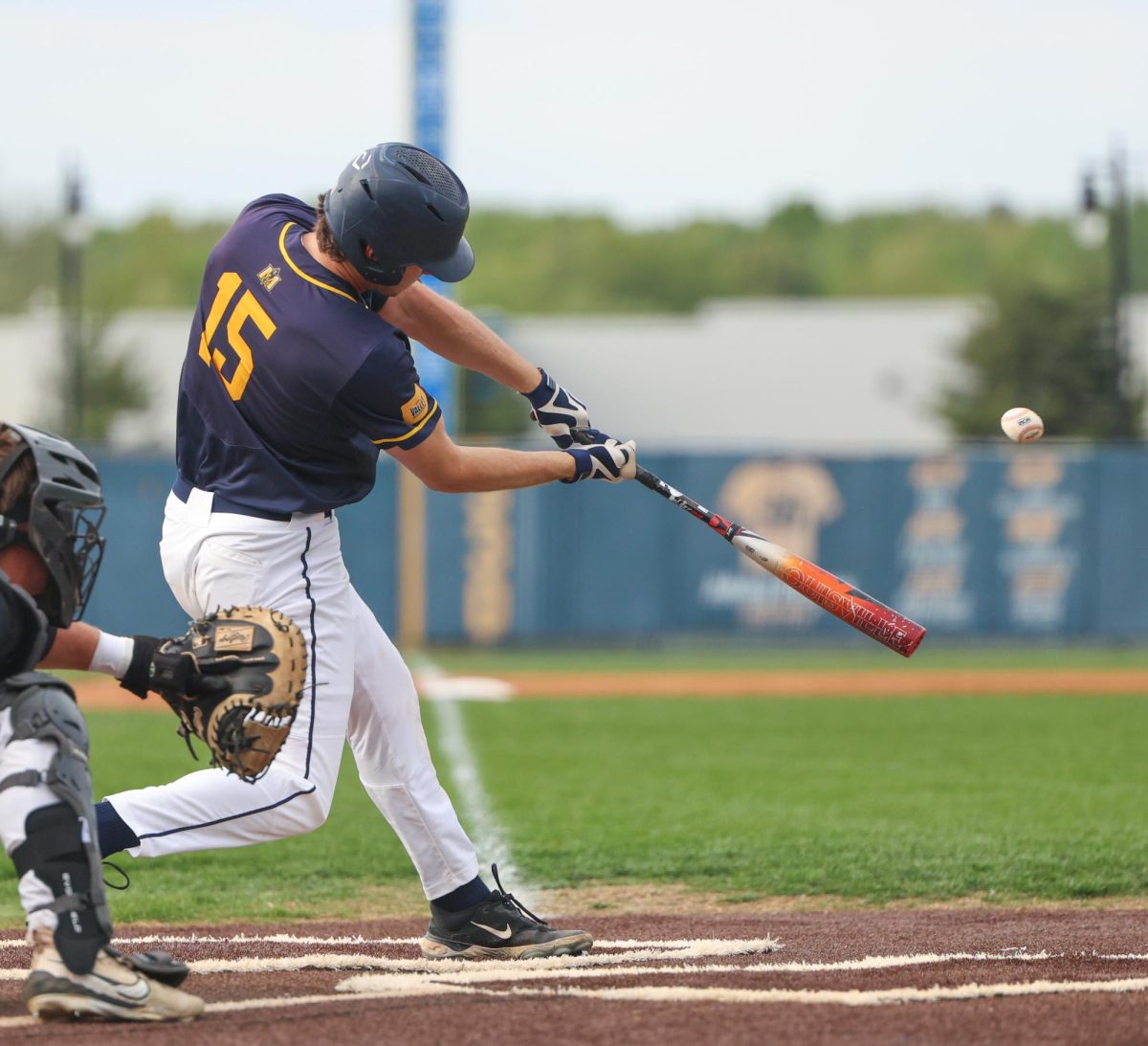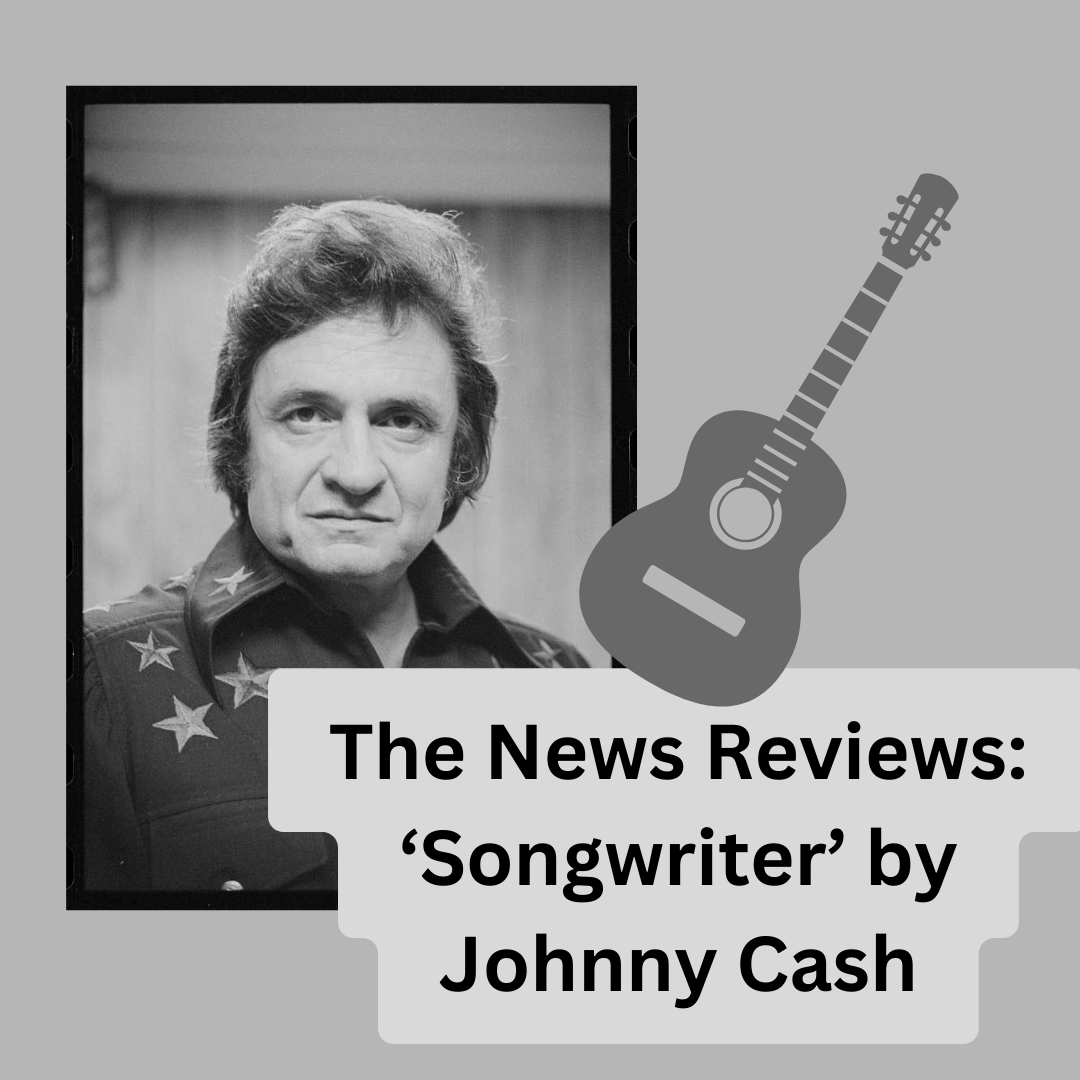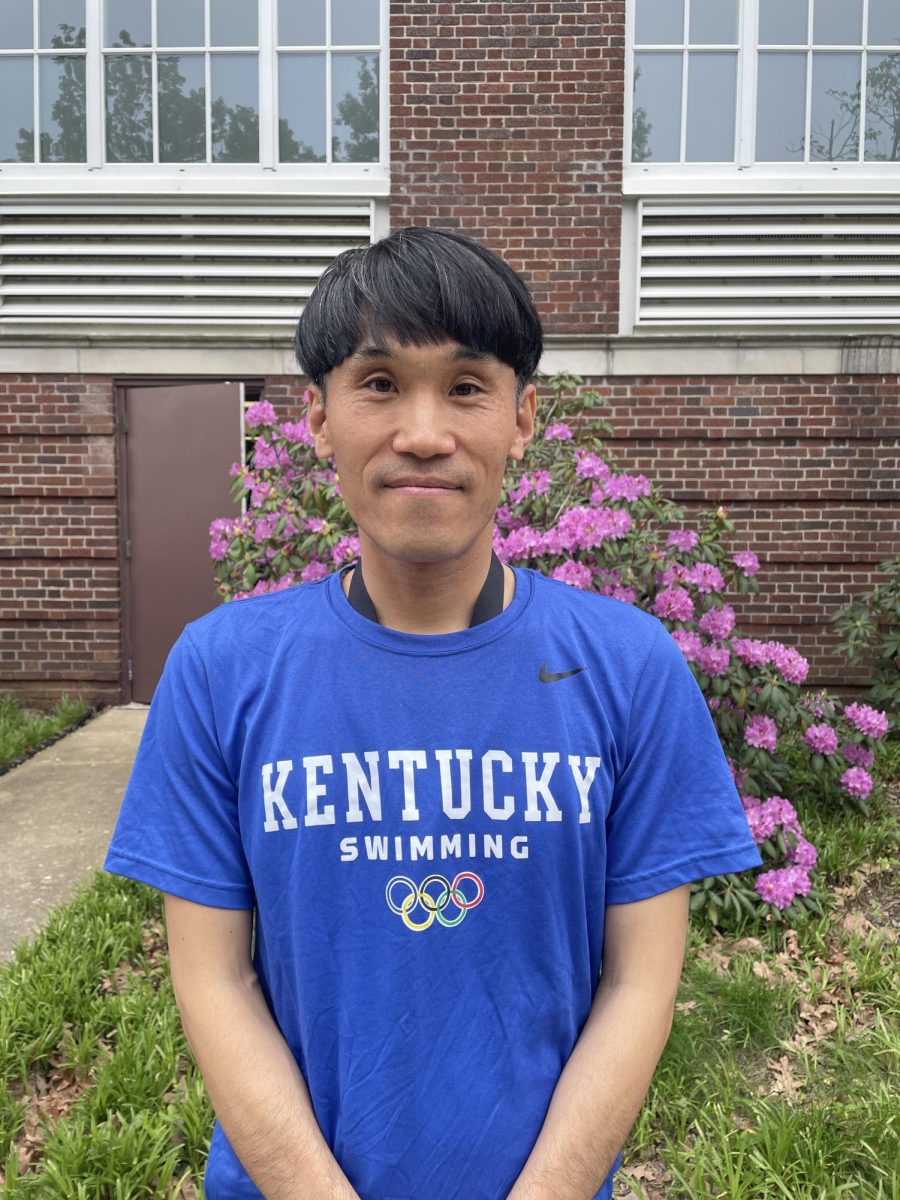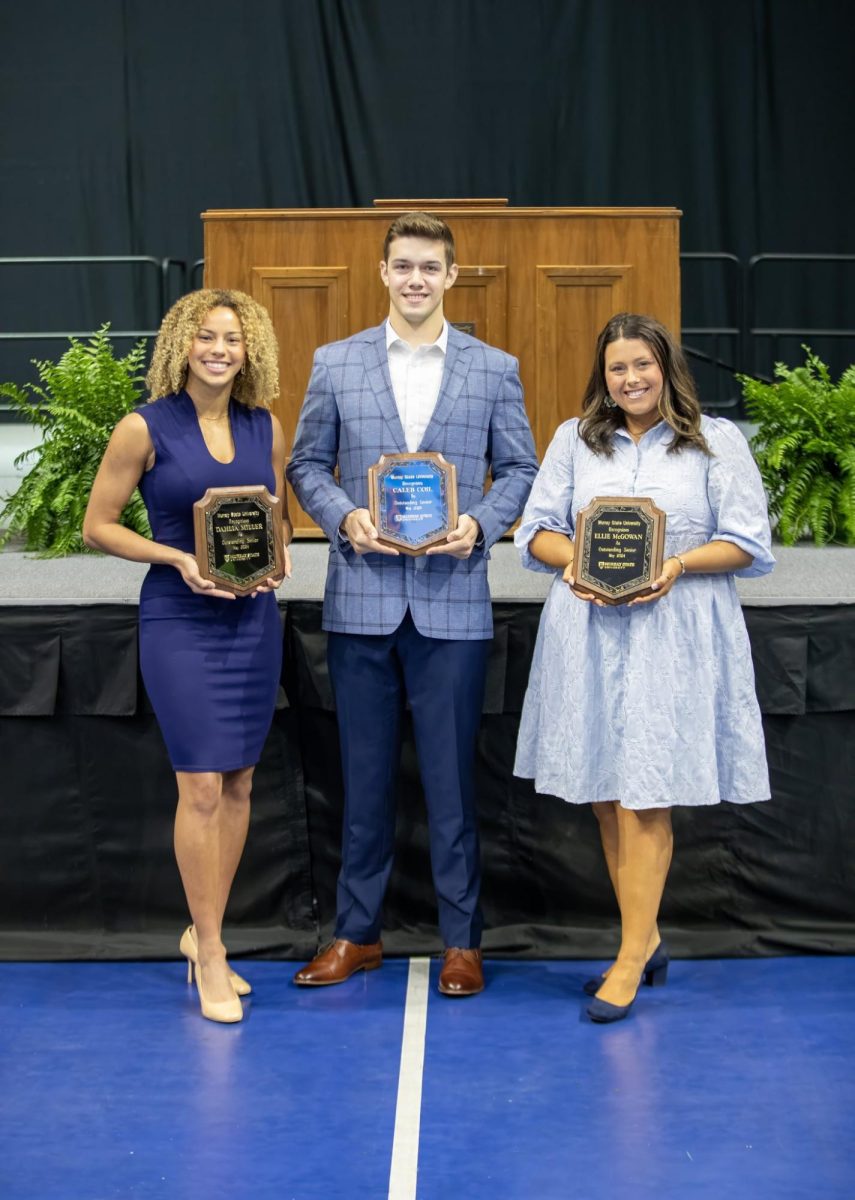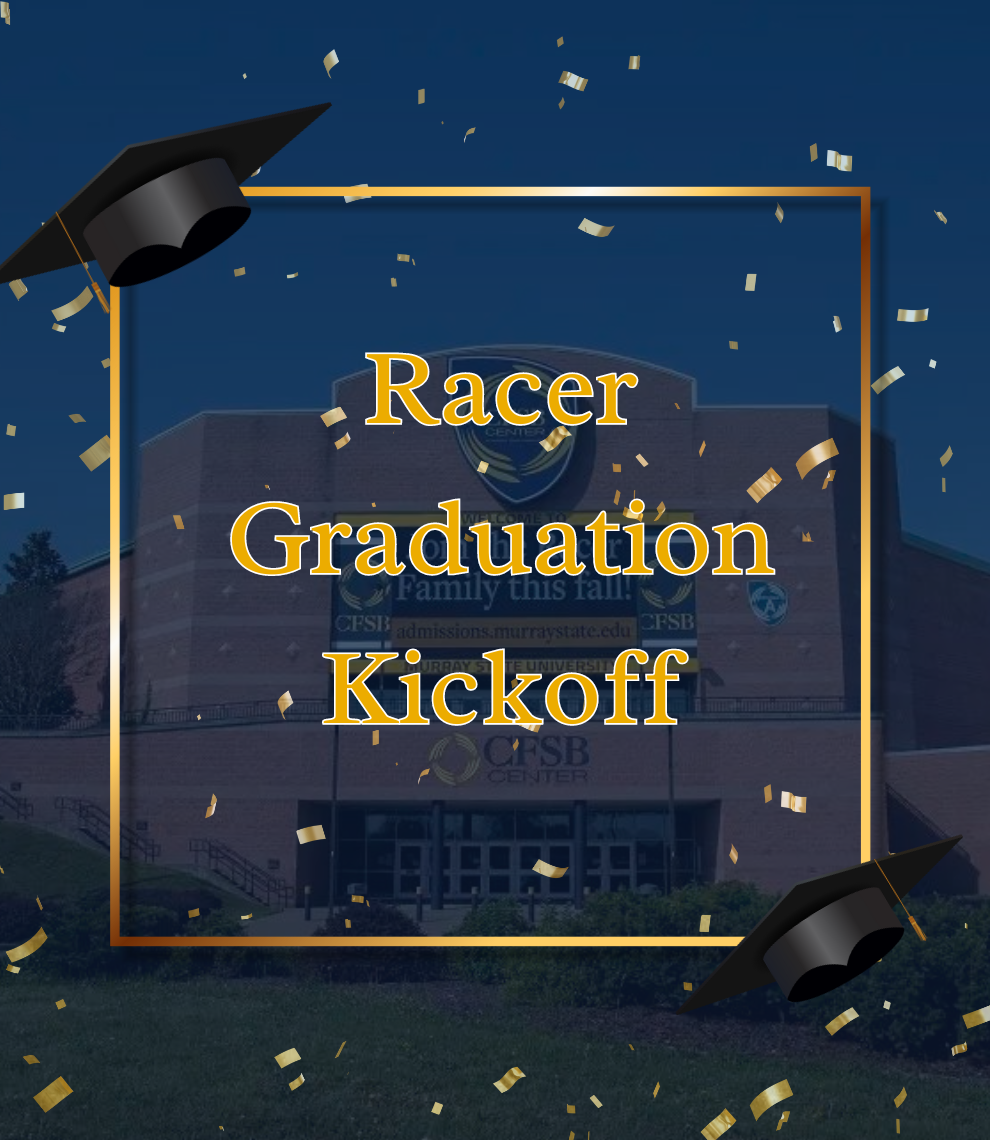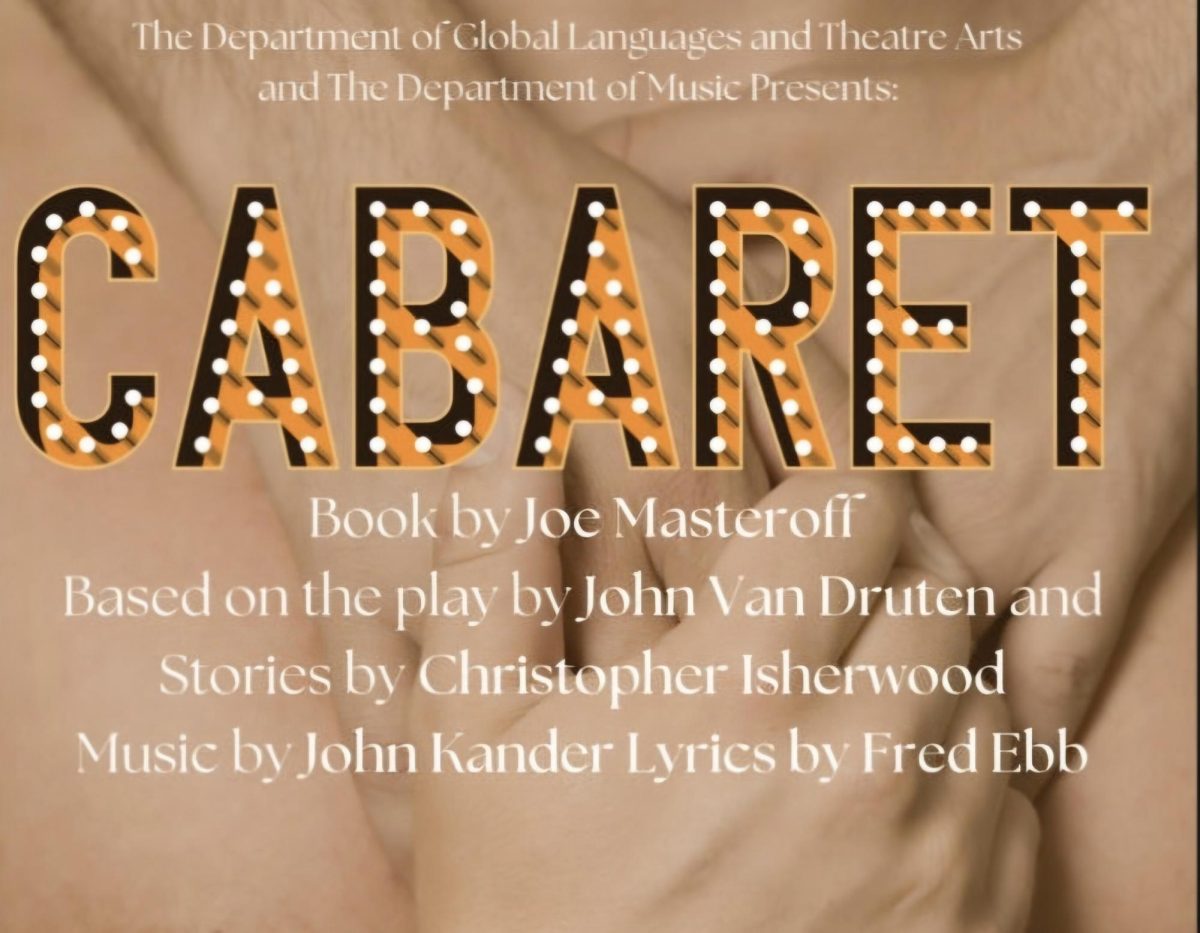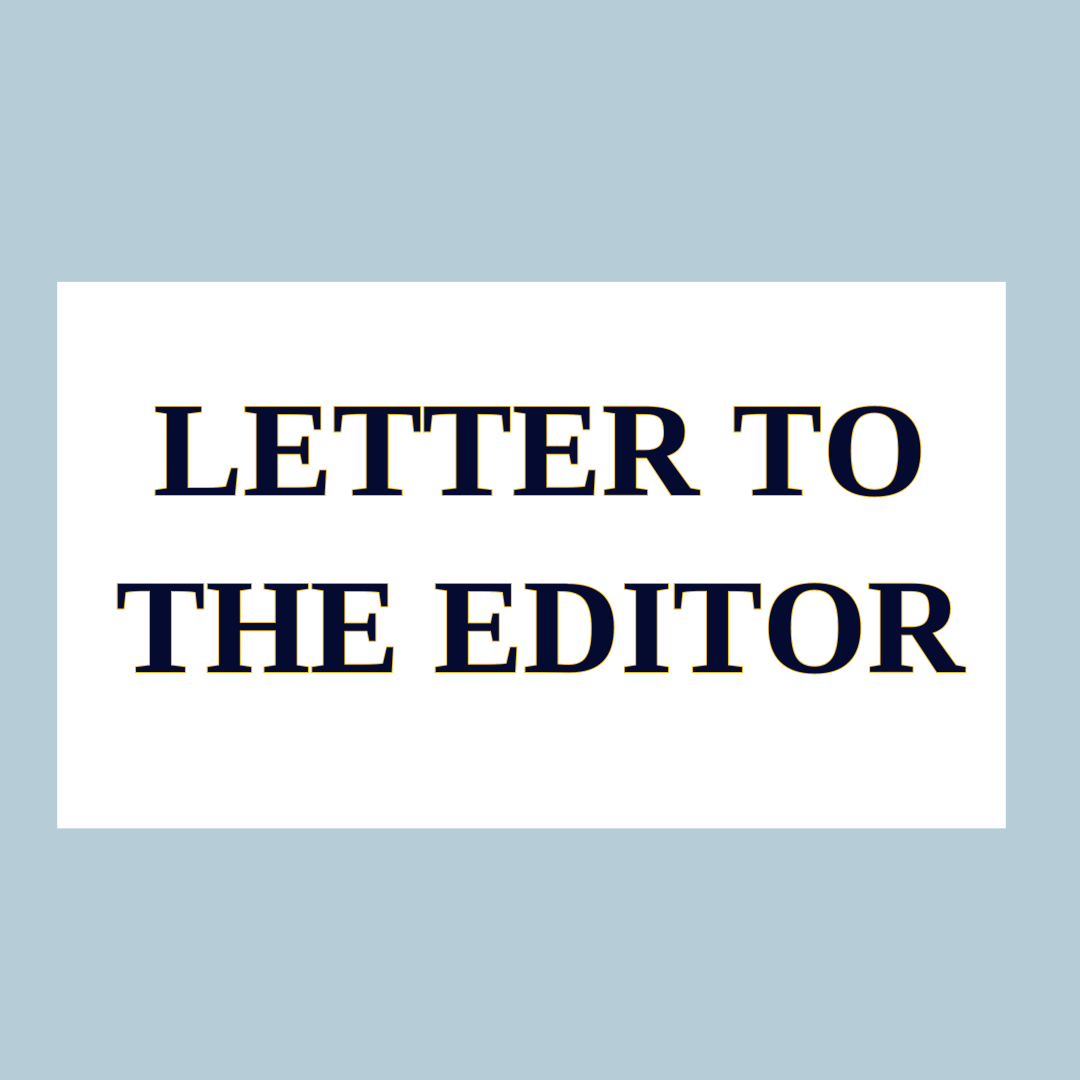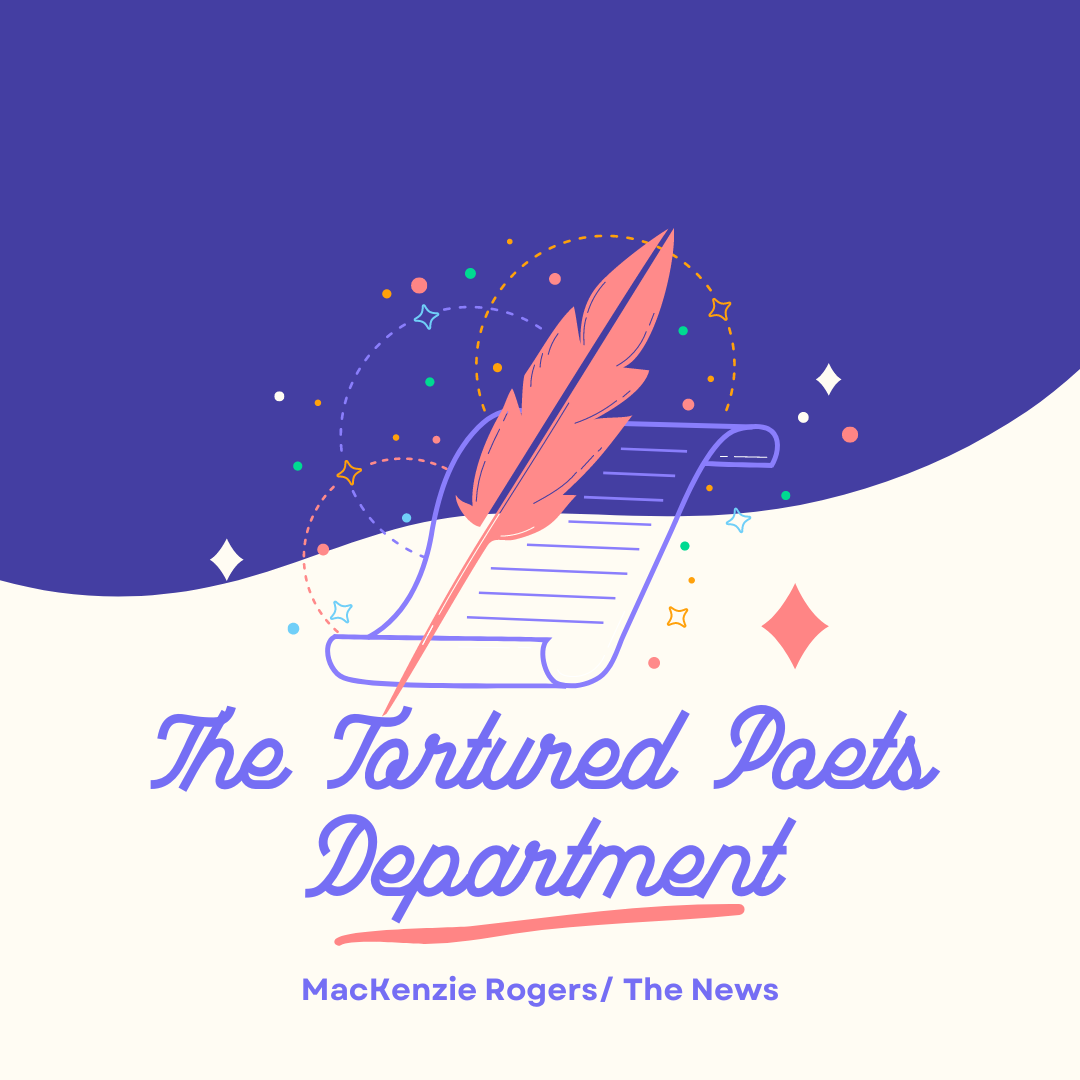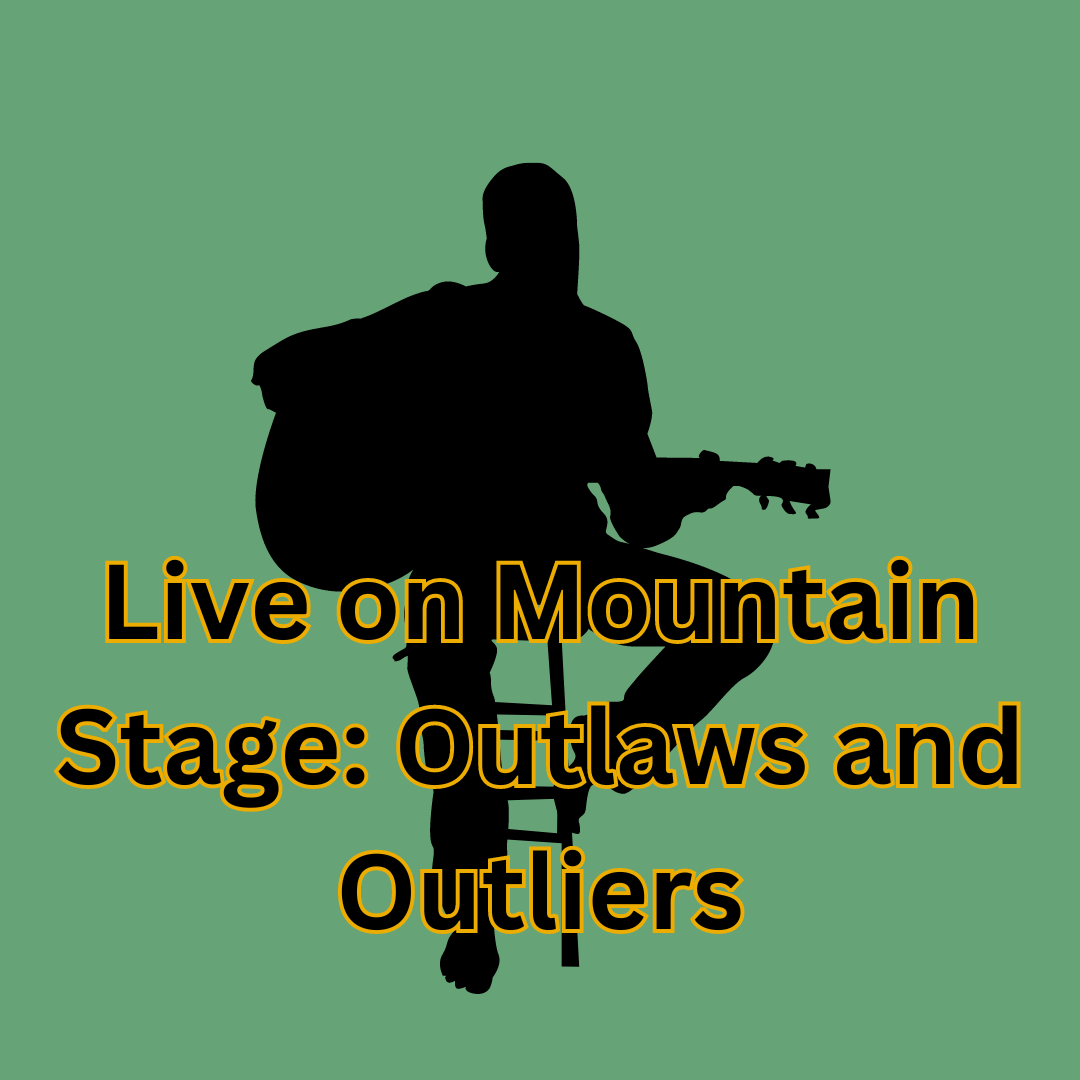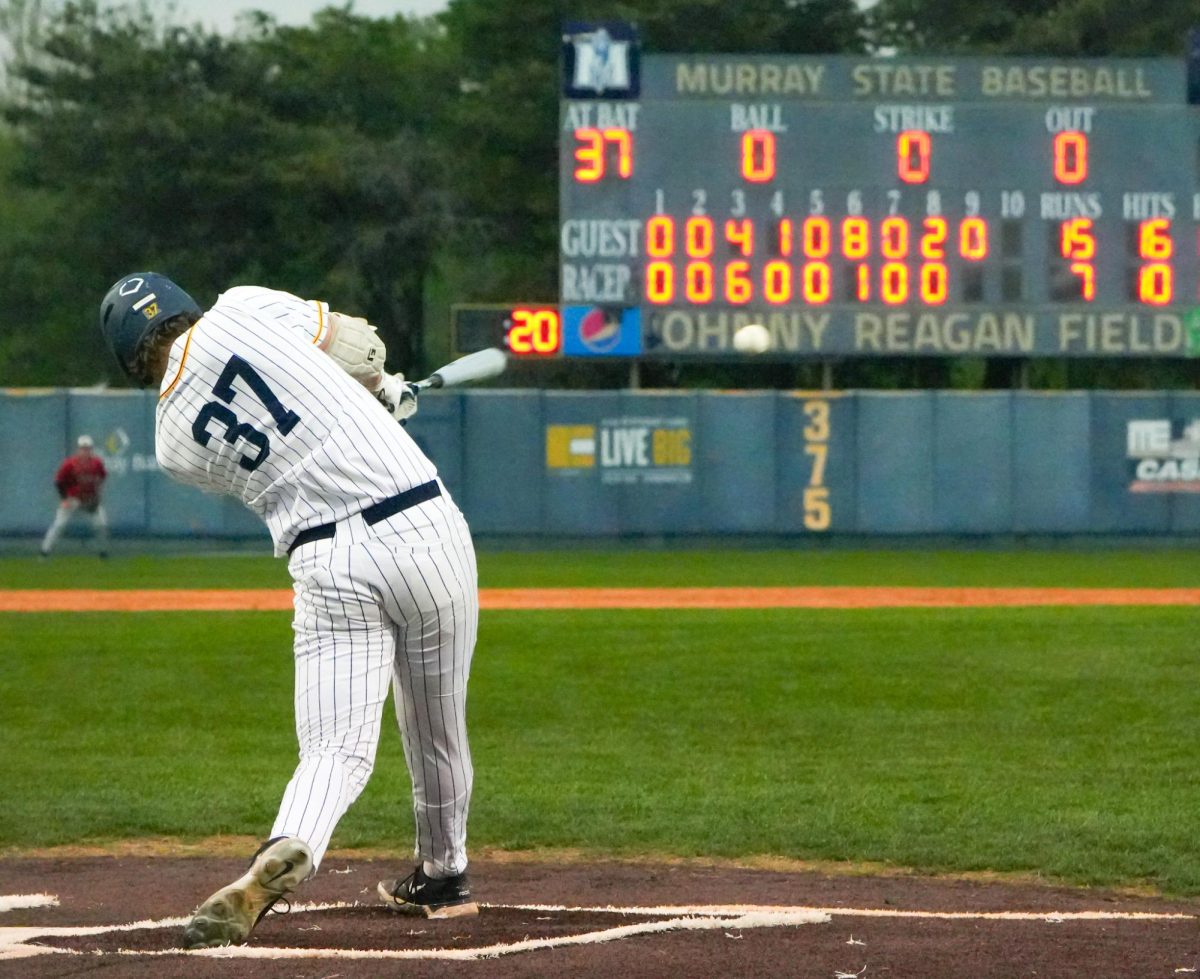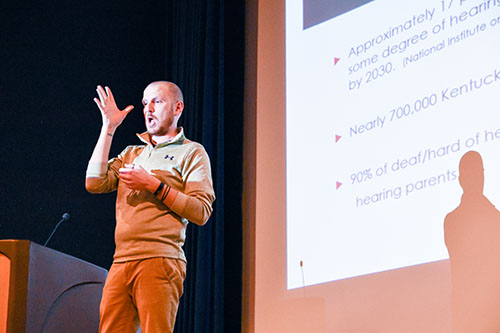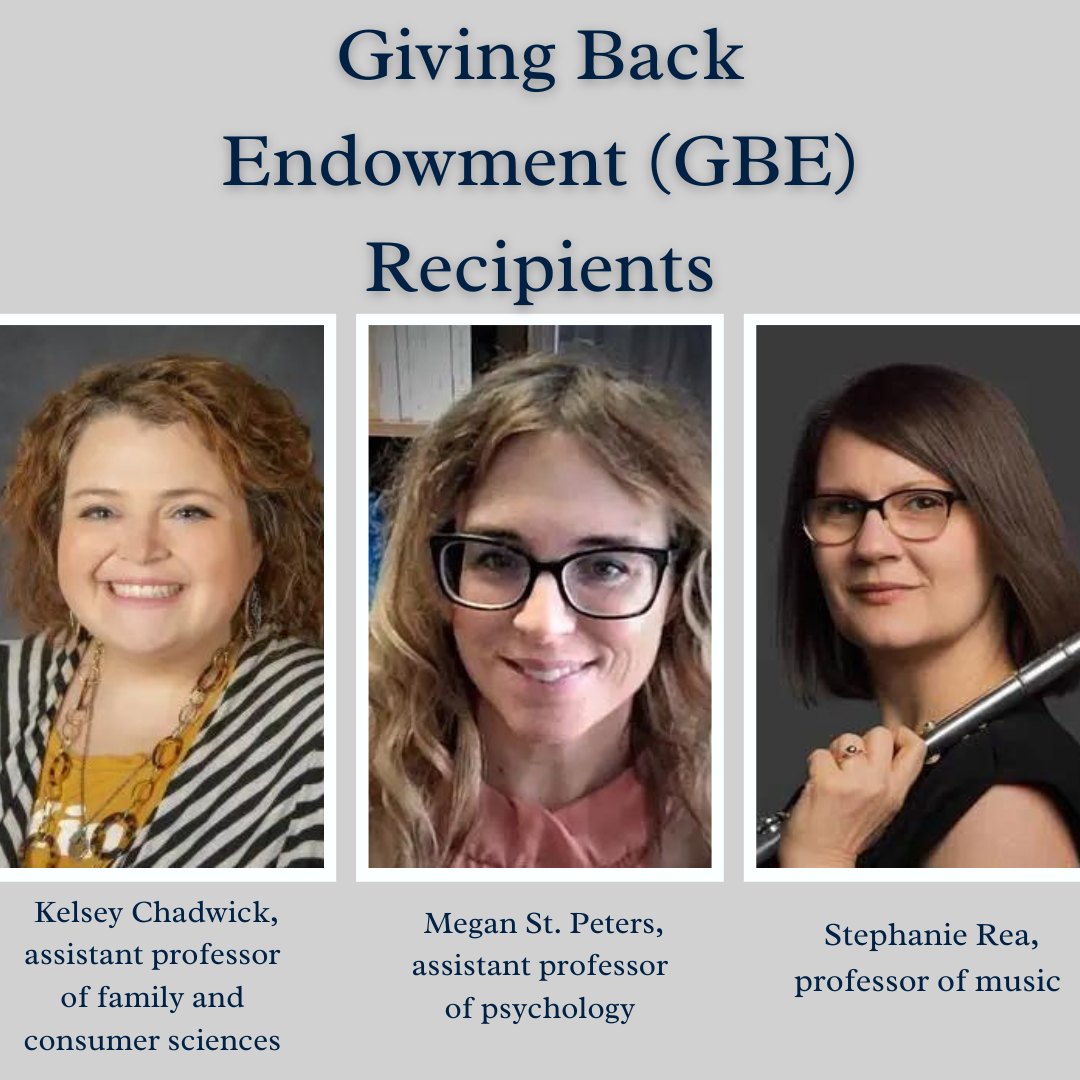Levi Brandenburg
Contributing Writer
Issac Ash
Contributing Writer
After many months of planning, the Advocating for Respect Culture organization hosted a program about the deaf and hard of hearing culture in America and how it affects Murray State.
Blake Noland, an employee of the Kentucky Commission on the Deaf and Hard of Hearing, spoke at the program on Tuesday, Feb. 25, about deaf culture and his experience as a deaf individual.
According to KCDHH’s website, the organization advocates for deaf and hard of hearing persons on legislative issues. Its mission is to provide efficient leadership, education, advocacy and direct services to deaf and hard of hearing Kentuckians.
“There is about 17 percent of Americans with hearing loss,” Noland said. “It could be from war, old age, loud music. In Kentucky, we have nearly 700,000 Kentuckians who have hearing loss of some form and 90 percent of children born with hearing loss are born to hearing parents. We help them receive resources and support.”
Lily Grieve, member of ARC and host of the program, was excited to have a member of the KCDHH speak, as KCDHH is the main center for advocacy for the deaf and hard of hearing in Kentucky.
“When we found out that KCDHH was available to host a program, we were ecstatic,” Grieve said. “It took Ashleigh, ARC’s scribe, five months to plan because there are not many active organizations advocating for the deaf community in western Kentucky. Through this program, people were able to learn more about deaf culture, which we do not regularly hear about but is present in our everyday lives.”
This program highlighted issues the deaf and hard of hearing community faces in rural areas like western Kentucky.
“There are limited resources and advocacy groups for deaf people in western Kentucky, so this program is important to make people aware that a deaf community exists and should be acknowledged,” Grieves said. “I think many people know that a deaf community exists, but unless it is presently advocated for, it is hard to remember to acknowledge these other cultures.”
Sally Lott, freshman member of ARC, was also pleased with the program’s turnout.
“It was very insightful to get information about the deaf community and culture from Blake,” Lott said. “Normally sign language interpreters from Student Disability Services will be interpreting for the deaf in the audience, but in this presentation they were interpreting for the hearing. It was a really cool experience to have the tables turned that way.”
Murray State offers students who are deaf or hard of hearing accommodations through SDS, like note-takers, interpreters or C-Print Captioning devices in order to help them succeed and thrive in a world that often relies on sound.
Gabrielle Kennedy, sophomore from Milwaukee, Wisconsin, was born with moderate hearing loss in both ears and only learned about her hearing loss at 4 years old.
“I wear hearing aids to help hear in the classroom and at social events,” Kennedy. said “Many times I have had issues with people trying to speak to me from behind when I cannot hear them. I have also run into issues where the dormitory fire alarms were not loud enough, so my roommate had to tell me about the fire drill.”
Kennedy said those who are deaf or hard of hearing want hearing individuals to understand how to communicate with them.
“Please face us when you are speaking so that we can pick up as much as we can when talking to you,” Kennedy said. “This helps me, as I personally need to read lips. And, I know it gets frustrating when we ask you to repeat the same thing many times. Nonetheless, please be patient. Those of us with hearing loss are not asking you to repeat yourself just for amusement. We genuinely cannot hear and we also get frustrated having to ask you to repeat yourself.”
While Kennedy has not needed any personal accommodations through SDS, she believes there should be more services for the deaf and hard of hearing community on campus.
“I would like to see teachers using subtitles for videos or movies played at social events or in the classroom,” Kennedy said. “This is a very simple task that is an extremely helpful tool for myself and others who are hard of hearing.”
Kennedy appreciates that ARC is raising awareness of the students who have hearing problems on campus.
“I think that there should be more awareness of hard of hearing students,” Kennedy said. “I was very pleased when I heard ARC was bringing in a program to speak about deaf culture, but I hope that this program inspires more communication and outreach to the deaf and hard of hearing community on campus.”


